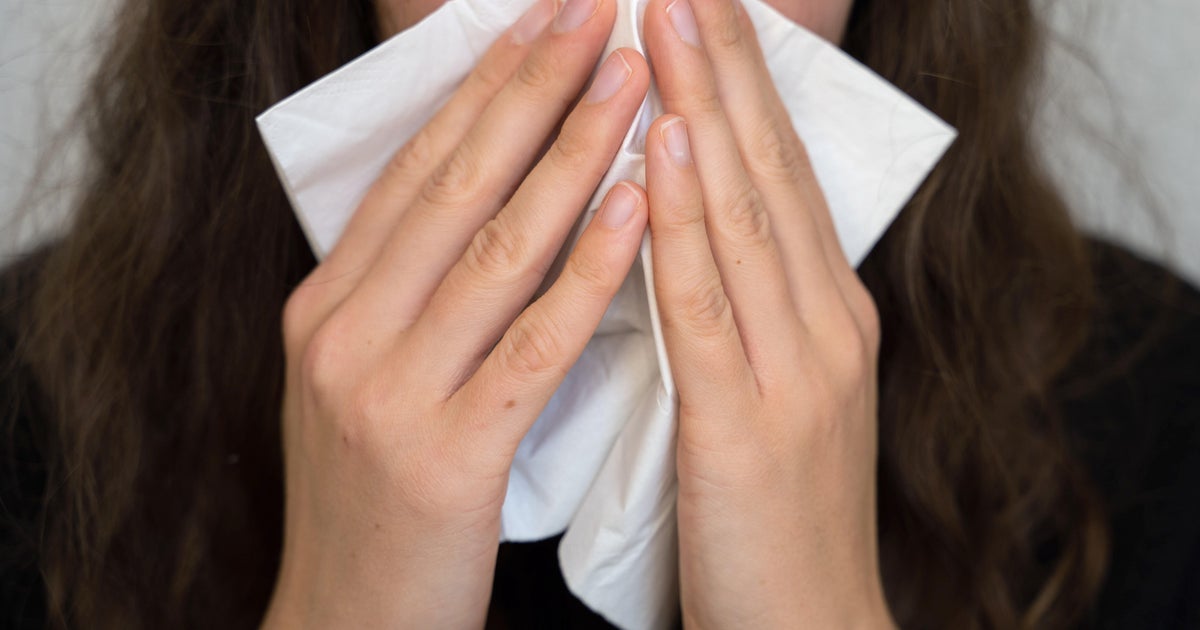Data Suggests Obesity Increases Risk Of COVID
MINNEAPOLIS (WCCO) - Angela Harren from Sartell needed an outlet for her pandemic stress and she found it on the treadmill.
"It's kind of been for my own mental health and physical health as well. You can't really leave the house so get down on the treadmill when you need to blow off steam," said Harren.
Several months after lacing up and eating healthier, Harren is down 38 pounds.
"Once you start hitting those five pounds, 10 pounds, 25 pound increments are huge," said Harren.
She not only feels great but lowered her risk for COVID-19 and complications from the virus.
"Overall, obesity appears to increase the risk of COVID-19 by about 50%," said Dr. Donald Hensrud, Director of the Mayo Clinic Healthy Living Program.
Dr. Hensrud says research also suggests that obesity doubles your risk of hospitalization with COVID-19. And it increases your risk from dying of COVID-19 by about 50%.
"Some data suggests this increased risk actually starts in the overweight category," said Hensrud.
But you don't have to go as far as Angela Harren did to lower your risk.
"A modest amount of weight will improve the risks associated with obesity. For example with diabetes even 5% of weight loss will improve glucose values and improve overall healths," said Hensrud.
Dr. Hensrud's advice? Start slow and create a sustainable plan.
Being active helps with weight loss and boosts your body's immune response - so get moving! And be kind to yourself in the process.
Because we all fall off the treadmill sometimes, but the benefits can be life-changing.
"It does take time to alter those habits and changes," said Hensrud.
"You have to set a goal for yourself and you have to just take it one day at a time," said Harren.
Part of the risk comes from other conditions associated with being overweight like diabetes, high blood pressure, and heart disease.







